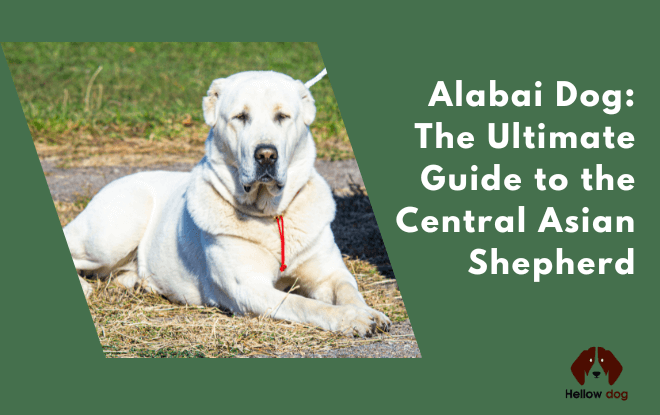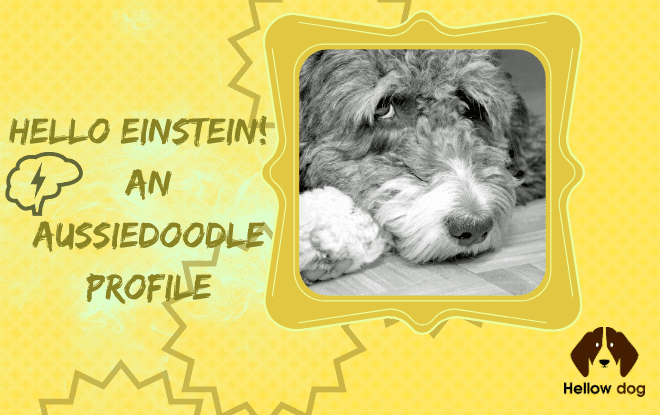Introduction to the Alabai Dog
The Alabai dog, also known as the Central Asian Shepherd Dog, is a breed renowned for its strength, loyalty, and protective nature. Originating from the Central Asian region, this breed has a rich history and has been used for centuries as a guardian of livestock and property. In this comprehensive guide, we will explore the characteristics, history, training needs, and care requirements of the Alabai dog.
History and Origin
The Alabai dog has a long history that dates back over 4,000 years. This ancient breed hails from the Central Asian region, including countries like Turkmenistan, Kazakhstan, Uzbekistan, and Russia. The Alabai was primarily bred by nomadic tribes to protect livestock from predators such as wolves and bears. These dogs were also used to guard property and serve as loyal companions to their owners.
The breed’s endurance, strength, and ability to withstand harsh climates made it an invaluable asset to the nomads. Over time, the Alabai developed a reputation for its fearless and protective nature, making it a favored breed among shepherds and farmers.
Physical Characteristics
Alabai dogs are large and powerful, with a robust and muscular build. They typically weigh between 88-176 pounds and stand 24-32 inches tall at the shoulder. Their broad chest, strong legs, and thick neck contribute to their formidable appearance.
The Alabai has a double coat that can vary in length. The outer coat is coarse and straight, while the undercoat is dense and soft. This double-layered coat provides excellent protection against extreme weather conditions. Common coat colors include white, black, brindle, and various shades of gray and brown.
One of the most distinctive features of the Alabai is its large, expressive head with a broad skull and strong jaw. Their eyes are usually dark and set deep, giving them a vigilant and attentive expression. Alabai dogs also have a strong, straight tail that is often carried low.
Temperament and Personality
The Alabai dog is known for its protective and territorial instincts. These dogs are naturally wary of strangers and will not hesitate to defend their family and property if they perceive a threat. This makes them excellent guard dogs. However, their strong protective instincts require careful training and socialization from an early age to ensure they can distinguish between a real threat and a harmless situation.
Despite their fierce appearance, Alabai dogs are incredibly loyal and affectionate towards their families. They form strong bonds with their owners and are known to be gentle and patient with children. However, due to their large size and protective nature, supervision is recommended when they are around young kids.
Alabai dogs are also independent and can be stubborn at times. This trait, combined with their intelligence, means they require a firm and consistent hand in training. Positive reinforcement techniques work best, as harsh methods can lead to a breakdown in trust.
Exercise and Training Needs
Given their history as working dogs, Alabai dogs have high energy levels and require regular exercise to stay healthy and happy. Daily walks, playtime in a secure yard, and mentally stimulating activities are essential to prevent boredom and potential behavioral issues.
Training an Alabai dog requires patience and consistency. Early socialization is crucial to help them become well-adjusted adults. Introducing them to various environments, people, and other animals from a young age will help reduce their natural wariness of strangers. Obedience training should focus on basic commands, leash manners, and impulse control.
Alabai dogs also benefit from advanced training and activities that engage their minds. Participating in dog sports, such as obedience trials or agility, can be an excellent way to challenge them mentally and physically.
Health and Nutrition
The Alabai dog is generally a healthy breed with a lifespan of 12-15 years. However, like all breeds, they are prone to certain genetic conditions. Common health issues in Alabai dogs include hip dysplasia, elbow dysplasia, and bloat. Regular veterinary check-ups and screenings can help detect and manage these conditions early.
A balanced diet is crucial for maintaining the health and well-being of an Alabai dog. High-quality commercial dog food that meets their nutritional needs is recommended. The amount of food required will depend on the dog’s age, size, activity level, and metabolism. Monitoring their weight and adjusting their diet as needed can prevent obesity, which is a common concern for large breeds.
Grooming and Coat Care
The Alabai’s double coat requires regular grooming to keep it in good condition. Weekly brushing helps remove loose hair and prevent matting. During shedding seasons, more frequent brushing may be necessary to manage the increased hair loss.
Bathing should be done as needed, typically every few months, unless the dog gets particularly dirty. Regular grooming also includes checking and cleaning their ears, trimming their nails, and brushing their teeth to maintain overall hygiene.
Living with an Alabai Dog
Alabai dogs are best suited for families with experience handling large, independent breeds. They thrive in homes with large yards where they can run and play. Due to their protective nature, they may not be suitable for apartment living or homes with limited outdoor space.
These dogs require a secure, fenced yard to prevent them from wandering off and to protect others from their territorial instincts. Alabai dogs do not do well when left alone for long periods, as they can become bored and develop destructive behaviors. They are happiest when they are part of the family and involved in daily activities.
Socialization and Interaction
Early socialization is crucial for Alabai dogs to ensure they develop into well-rounded adults. Exposing them to various people, places, sounds, and experiences from a young age helps them become confident and well-adjusted. Puppy classes and playdates with other dogs can also aid in their social development.
While Alabai dogs are known for their protective nature, proper socialization helps mitigate any potential aggression or fearfulness. Positive experiences with different environments and people will help them become more adaptable and less prone to anxiety.
Conclusion
The Alabai dog, or Central Asian Shepherd, is a remarkable breed known for its strength, loyalty, and protective instincts. These dogs make excellent guardians and loyal companions for families who can meet their exercise, training, and socialization needs. With proper care and attention, an Alabai dog can be a devoted and loving addition to any home.







